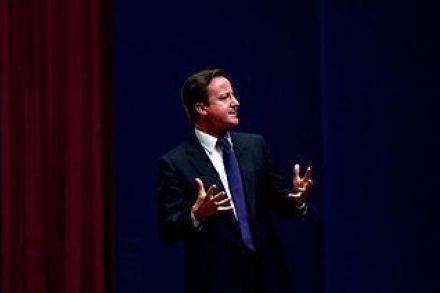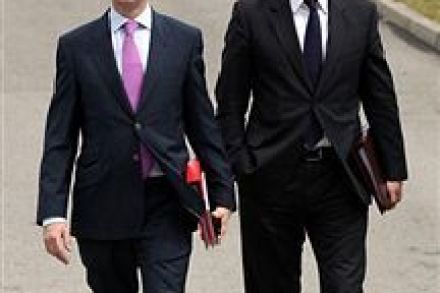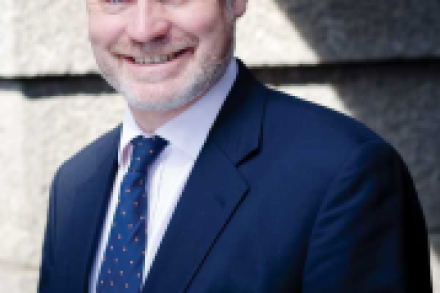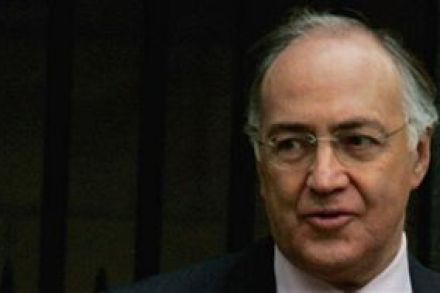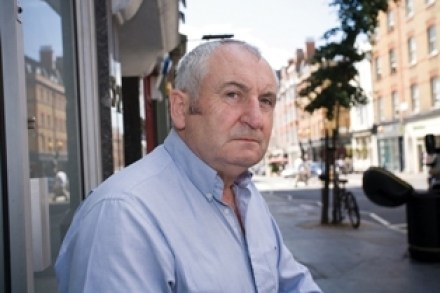Season’s greetings | 10 August 2010
David Cameron’s just launched his benefit cheat crackdown (Con Home has a little footage). There were two notable occurrences. First, Cameron agreed that tax evasion was as serious as benefit fraud and vowed to tackle it – this defused the slightly absurd criticism from the left about not challenging tax avoidance whilst hitting benefit cheats – tax avoidance is legal, benefit fraud and tax evasion are not. Tom Harris attacks his party’s attempt to draw any equivalence between tax evasion and benefit fraud, saying it misses the point: tackling fraud is to the benefit of all. Second, a Mancunian woman called Sharon Reynolds has a crush on our Dave, a
